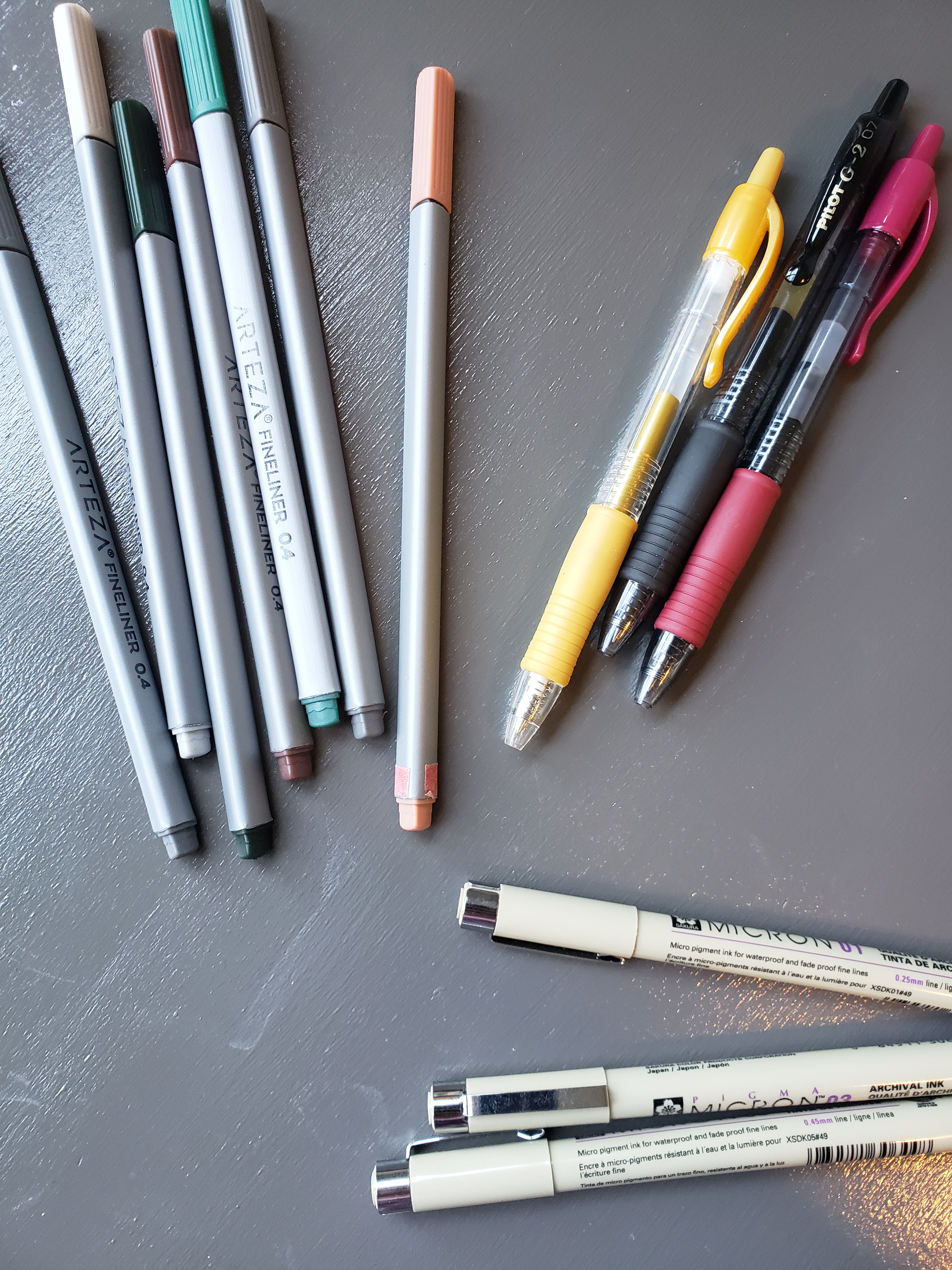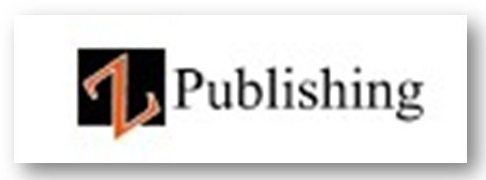I live an oxymoron. I am a “creative” and yet there is no doubt at all that I am very much Type-A. I do not do well “pants-ing” in writing or in life. I love schedules more than I should and without one, I may or may not be totally lost. Therefore, I was unreasonably excited when I discovered there is a journal that combines these traits. A bullet journal. I’m sure a lot of you have heard of these or heard me mention them, but recently when I’ve talked about it, people have heard of bullet journaling but are not sure what, exactly, that means.
If you need structure but a normal planner or agenda just doesn’t cut it: buckle your seat belts for the best middle ground I’ve been able to find so far. And it’s the best because it can be basically whatever you want it to be.

With the start of October here (already!!) and NaNoWriMo just around the corner, I figured now would be a good time to break down how and why my bullet journal is one of my best and favorite writing tools.
What is a Bullet Journal? Basically, it is a personalized planner. You can make it look however you want and include whatever pages you want to keep track of anything from a daily schedule to meal planning to health to writing routine. And you can put as much or as little work into it as you wish. The great thing about it, other than the customization, is the ability to create something and get organized at the same time. It gives a sense of relaxation, ease, and encouragement!
Getting Started!
Step One: Supplies
- Notebook/Journal: You can make this as elaborate or as simple as you choose. I started out simply with a random notebook I had lying around, but I prefer journals with a dot grid.
- Pens of choice: These are for writing in your planner, color-coding if you so choose. Personally, I use a mixture of G2 pens, Arteza fine liners, and Micron art pens.

- Any other art supplies you wish or a computer with printer: Personally, I draw my own layouts (mostly using ideas from Pinterest), but they do make free printable templates if you find yourself unable to create what you want or if you simply don’t have time or energy to put into it. It’s up to you!
Step 2: Set up
Once again, this is pretty much all up to you. It all depends on what you want to include. The most important things, if you are planning on using your bullet journal for staying organized, are your weekly spreads. I also like to include monthly at-a-glance calendars to give me a big-picture view. You can make these all at once at the beginning or you can make them as you go through the journal. I have found that if you make your spreads as you go, it helps to either have an index at the beginning or tabs along the side so it’s easy to find what you need.
Any of your other pages, like a writing tracker, for example, can go wherever you want. It might take a few months to figure out the best set-up for you, so I recommend going month-by-month to start out until you decide what you like best.
Step Three: Using the Bullet Journal
I use my bullet journal daily. I keep my work schedules in here, as well as how much I want to write each day, habits I want to keep track of, and how much money I’ve spent. I write it all down, because if I don’t, I feel like my brain has to keep track of it all at once, which stresses me out like no other. A lot of people are not wired like me, though, so if you are one of those people, don’t feel like you have to look at your bullet journal nearly as often as I do. Maybe you only need it to remind you of writing deadlines or long-term writing goals. Maybe for you, it is just a once-a-week gathering of ideas and a time to doodle and plan out how you want to spend your time.
Step Four: Extras
Don’t think your bullet journal has to be entirely organized and solely for goals and planning. Feel free to mix it up. Intersperse your organization pages with pages scrawled with snippets from your WIP and doodles and shower-thoughts. Sketch out your characters on a random free page, if that is a thing you like to do. Write daily haiku. Pull out your journal at a coffee shop and write down every adjective that describes the space on the next blank page. Basically, make this journal contain anything and everything you want it to. Make it yours. It can be as free-flowing or as straight-laced as you so choose.
My bullet journal keeps me on track. It reminds me how much I need to write per day until my deadline. It informs me when I have to be somewhere and when I have to work in my writing at a weird time one day. But it also helps me spew out my creative thoughts, my brainstormed ideas, my random excerpts of half-thought-out poetry. Hopefully, you will find bullet journaling to be just as satisfying as I do, and remember: make it yours and put as much energy into it as you feel you should.
For more ideas or details, check out my pinterest board (linked above and below) and this super aesthetic and helpful blog about bullet journaling. Also, here is a blog with a ton more information and some printables too! Happy journaling!
Click below to follow me on social media:












